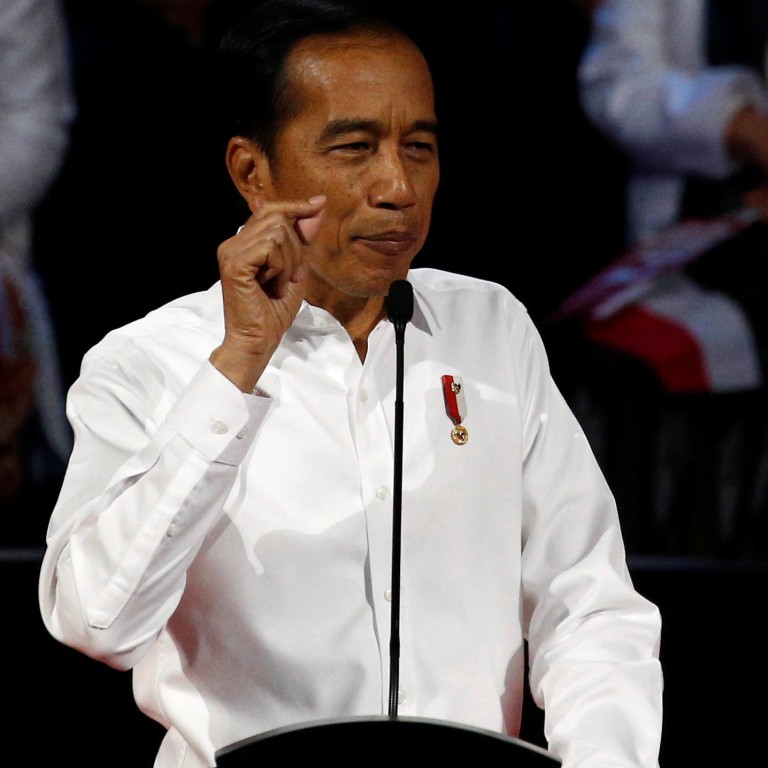Starmer's Harder Line On Migration: A Calculated Risk?

Table of Contents
The Political Landscape and Public Opinion on Migration
Public opinion on immigration in the UK is complex and multifaceted. Recent polls reveal a fluctuating sentiment, with concerns about border security and the impact on public services often outweighing arguments for economic benefits or humanitarian considerations. For example, a YouGov poll from [Insert Date and Link to Poll] showed [Insert Percentage]% of respondents believed immigration levels were too high, while only [Insert Percentage]% felt they were too low. Brexit has undeniably played a significant role in shaping these perceptions. The promise of "taking back control" of borders resonated with a segment of the electorate, fueling anxieties about uncontrolled immigration and impacting public discourse. Competing narratives exist within the political sphere, with the Conservative party often framing immigration as a threat to national identity and resources, while the Liberal Democrats tend to advocate for more open borders.
- Key findings from recent polls: Consistent concern about numbers of immigrants, fluctuating support for stricter border controls.
- Examples of political rhetoric: Conservative focus on illegal immigration, Labour’s emphasis on legal migration routes.
- Analysis of shifting public opinion: Post-Brexit increase in concern, influenced by media narratives.
Starmer's Evolving Stance: From Open Borders to Tougher Controls
Starmer's approach to immigration has demonstrably evolved. Initially, his rhetoric leaned towards a more open-border approach, emphasizing the economic benefits of immigration and the importance of protecting human rights. However, in response to public concerns and to counter Conservative messaging, he has adopted a more robust stance. This shift has included more stringent border controls and stronger emphasis on tackling illegal immigration, including proposals for increased security measures.
- Specific policy changes: Increased investment in border security, stricter asylum processing.
- Quotes from Starmer: [Insert direct quote showcasing tougher stance on illegal immigration, with source citation].
- Political motivations: Gaining support from swing voters, appealing to anxieties around border security.
Potential Benefits of a Harder Line on Migration for Labour
A tougher stance on migration could provide several electoral benefits for Labour. By addressing concerns about immigration levels and border security, Starmer aims to attract voters who have traditionally supported the Conservatives. This strategy could be particularly effective in key constituencies with significant populations of undecided voters who may be more concerned about immigration than other issues.
- Examples of effective constituencies: Marginal seats in the Midlands and North of England, where anti-immigration sentiment might be higher.
- Potential voting shifts: Attracting swing voters disillusioned with Conservative handling of immigration.
- Impact on electability: Increased potential for winning back previously lost seats.
Potential Risks and Criticisms of Starmer's Approach
While appealing to some voters, a harder line on migration carries significant risks for Labour. It could alienate traditional supporters, particularly within minority ethnic communities who may feel the policies are discriminatory or unjustly target specific groups. Furthermore, human rights organizations have expressed concern about the potential impact on asylum seekers and refugees. Critics accuse Starmer of political opportunism, suggesting he is shifting his position to chase votes rather than upholding his party's values.
- Negative consequences: Damage to Labour's reputation with minority communities, reduced support amongst progressive voters.
- Criticisms from human rights groups: Concerns about the impact of stricter asylum policies on vulnerable individuals.
- Political commentary: Accusations of pandering to anti-immigrant sentiment.
Comparison with Conservative Immigration Policies
Starmer's approach still contrasts significantly with Conservative immigration policies. While both parties acknowledge the need for border security, the Conservatives typically adopt a more restrictive approach, focusing on reducing overall immigration numbers and implementing stricter controls. Starmer's emphasis on legal migration and tackling illegal immigration, while tougher than his previous positions, maintains a different focus compared to the Conservatives' broader restrictions.
- Policy differences: Conservative focus on reducing overall numbers, Labour focus on legal routes and border security.
- Resonance with electorate: Conservatives appeal to voters worried about numbers; Labour aims for a balance of control and fairness.
- Advantages and disadvantages: Conservative approach might alienate some voters; Labour's balanced approach might not be decisive enough.
Conclusion
Starmer's harder line on migration represents a calculated, yet risky, strategic shift for the Labour party. While it offers the potential to win over voters concerned about immigration and improve Labour's standing in key constituencies, it also carries the risk of alienating traditional supporters and attracting accusations of political opportunism. The ultimate success of this approach will depend on how effectively Labour communicates this shift, balancing security concerns with their traditional values of fairness and inclusivity. What are your thoughts on Starmer's harder line on migration? Share your opinions in the comments below and let's continue the discussion about this crucial aspect of UK politics. For further reading on this topic, you might find these resources helpful: [Insert links to relevant articles and reports].

Featured Posts
-
 The Future Of Darjeeling Tea Facing Challenges
May 04, 2025
The Future Of Darjeeling Tea Facing Challenges
May 04, 2025 -
 Reform Uk Leader Nigel Farage Visits Shrewsbury Local Reaction And Political Commentary
May 04, 2025
Reform Uk Leader Nigel Farage Visits Shrewsbury Local Reaction And Political Commentary
May 04, 2025 -
 Is Canelo Avoiding Crawford And Benavidez Due To Skill Deficit Or Cultural Disrespect
May 04, 2025
Is Canelo Avoiding Crawford And Benavidez Due To Skill Deficit Or Cultural Disrespect
May 04, 2025 -
 Thunderbolts Exploring Marvels Latest Cinematic Venture
May 04, 2025
Thunderbolts Exploring Marvels Latest Cinematic Venture
May 04, 2025 -
 Lindsey Buckingham And Mick Fleetwood Back Together In The Studio
May 04, 2025
Lindsey Buckingham And Mick Fleetwood Back Together In The Studio
May 04, 2025
